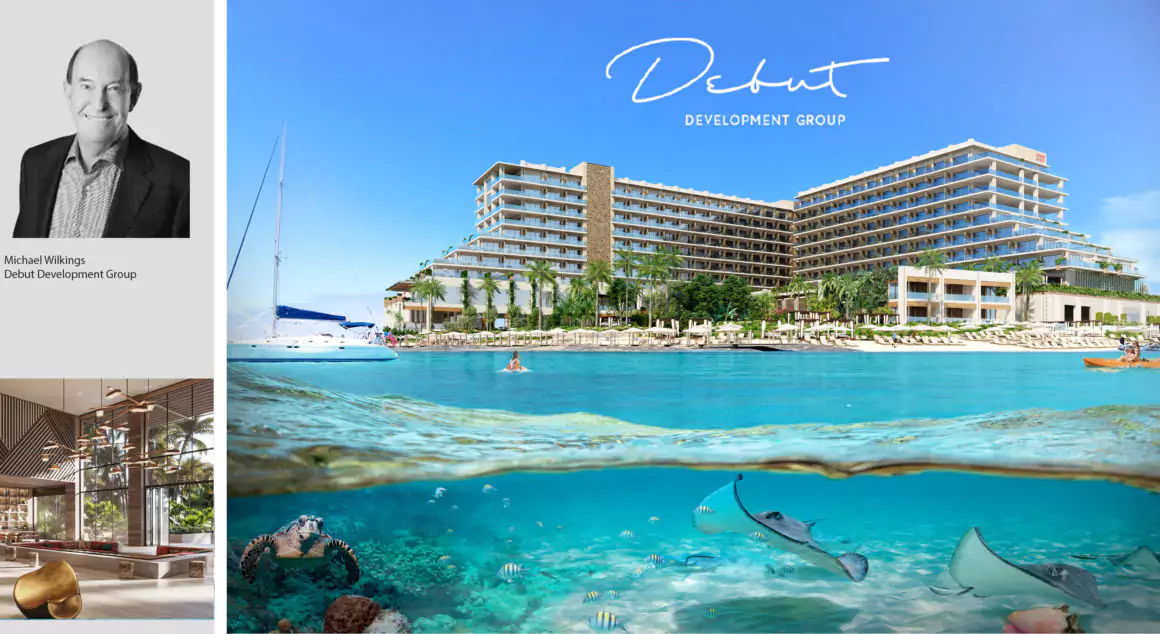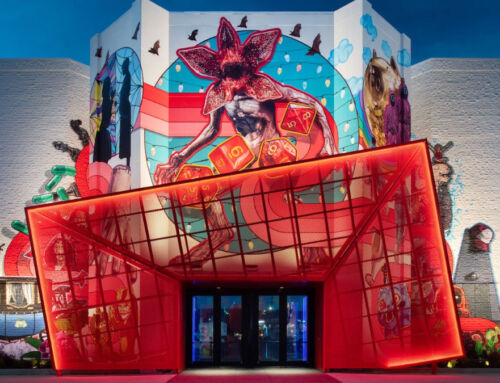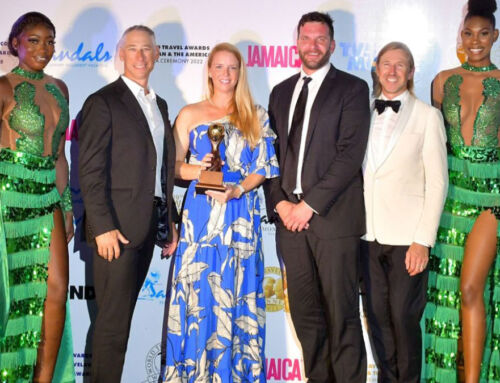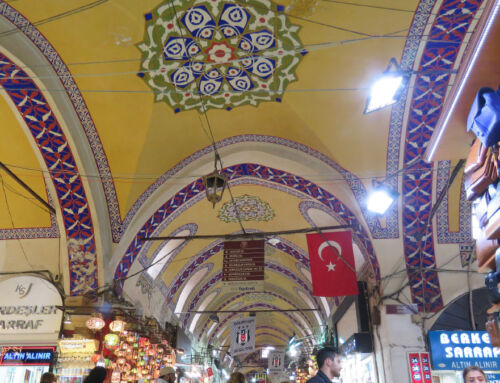Amusement Logic: How did it all start? How did you get into this industry?
Michael Wilkings: It started by accident. I was born in London and my University degree was in Economics, so if I were smart, I would have become an economist. But I always wanted to travel, that’s the only thing really that was always in my blood… So after University I got a job as the UK sales manager for a Spanish Tour Operator, a company called Turavia. We had a booth at a trade show, The Travel Trade Show in London, and I was the person who was only in the booth. On the other side of the exhibit hall, there was a company that had a kind of big stage on three levels, covered with black drapes with two gogo dancers on top and disco music coming up. So I thought, well that looks a lot more interesting than what I’m doing, so I went there and I met one of the founders of this company, which was called Juliana’s. What Juliana’s did was to provide a turnkey nightclub service for hotels like Four Seasons and Shangri-La, lots of premium hotel brands. It was a very innovative idea at that time, and they wanted to expand into North America and, so, I ended up moving to New York, to set up their office there. I became a discotheque expert overnight and we opened 46 nightclubs in first class hotels in four years, all of them in the United States, Canada, Brazil, Bermudas and other places.
A.L.: So you’ve been linked to both sides of the industry, the night time and also the day time…
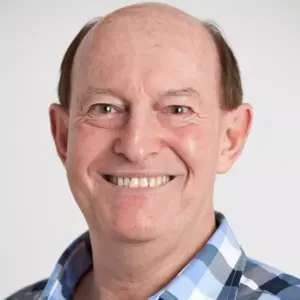
M.W.: Yes, that’s right. I never had like a plan, things just sort of happened and I just kind of followed them as they happened. One of the things that I observed and learned was that these 46 projects that we were involved in, almost all of them ran late and over budget. And I got to know a client in Toronto who had a company that provided a turnkey design-build service. And he and I teamed up and we founded a new company. It just seemed to me that if someone could provide a reliable, high quality design-build service that could be consistently delivered on time and on budget, for not only a night club but also the entire hotel interiors, there would be a lot of demand for it. So we set up a company that did that, and it became very successful, at the end we opened an office, we started in Toronto, we opened an office in Australia, we opened an office in Singapore, and we were really busy internationally doing that kind of work.
A.L.: In other industries the success rate is around 10%, so that out of every ten projects, only one ends up becoming a reality. What is the success rate in hotel development?
M.W.: Well, so far, quite a lot more than 10%. If we are able to be in control of the project from the beginning, we won’t start it unless we feel right from day one that it’s viable, that it’s financially viable. For example, at the moment, we are the core developers of quite a large project in Grand Cayman, on Seven Mile Beach, a 375 key, five star Grand Hyatt Resort, which is under construction now. The first meeting I had was with the Cayman Island’s Department of the Environment. In that particular case, that was the first thing we did, even before we did the financial nuances. Between us and them we were able to figure out how to match the plan of the site to have minimum impact on the environment, but still enable enough construction to make it financially viable. This particular beach is a nesting beach for turtles, and the turtles are protected in the Cayman Islands. For example, only certain light bandwidths are allowed, some bandwidths will harm the turtles and some will not. We, as a company, are very supportive; we are a hundred percent in favour of environmental protection.
A.L.: You’ve worked in Japan, the Middle East, the Caribbean… How different are these markets? Or let’s put it the other way, what do they have in common?
M.W.: Every country has unique characteristics in terms of regulation, permitting, design requirements, safety standards, they will have unique aspects that you have to learn, not hard to learn… So, as long as you are sensitive, and open minded to local culture and the local way of doing things, actually it’s not hard to navigate in those kinds of countries, and the thing that I would say, what are the similarities, I mean, simply people. What I learned is that, on the whole, people all over the world are very nice, despite language differences and that, people are the same, nice people.
A.L.: What difficulties have you encountered regarding regulations?
M.W.: One interesting project was in Abu Dhabi a few years ago, on Yas Island, where we developed a dining and entertainment complex which was operated by Cipriani Group. We had to be finished and opened before the first Formula 1 race in Abu Dhabi. Cipriani being the brand operator insisted that, for breakfast, they had to have pork sausages, and for dinner they had to have pork, and I explained to them “guys, this is not just a question of taste, it’s culturally unacceptable, it’s a Muslim country, right?” “No, no, we have to have pork, if there is no pork, it’s not Cipriani”. So, we ended up securing the first and only license to build a pork kitchen in Abu Dhabi. And we had to build a completely separate kitchen, a completely hermetically sealed pork kitchen, and we got the license.
A.L.: How do you think the current situation will evolve?
M.W.: My fundamental view on the pandemic is that human behaviour will not change to any significant step. The pandemic will recede and then I think life will go back to where it was before, because that’s just human nature, people don’t change, they will love to socialize in restaurants, they love to socialize in bars, they like to go on holiday, they like to go to exotic places, even business travel… Maybe Skype and Zoom will replace some meetings, but I don’t think people will stop travelling on business, partly because it’s enjoyable.
A.L.: What other challenges do you see in hotel development?
M.W.: The huge challenge now is financing. The hotel industry follows well-defined financial parameters. In normal times it’s possible to project the financial performance of a hotel or a resort quite accurately by looking at the comparables in the market. You can look at the historical financial performance of a hotel that will be competing with the project that you want to develop. However, today it’s impossible to forecast the financial performance of a hotel. And if you can’t project financial performance accurately and you can’t value a hotel, banks will not let money against an asset which has indeterminate value. On the other hand, this opens other doors, because it means that very few new hotels are getting developed. That means that there’s less competition coming into the marketplace.
A.L.: What opportunities does hospitality have for the future?
M.W.: I can see a lot of growth in medical tourism over the next couple of decades. There are a lot of places you can go for electric surgery, cosmetics, and even some invasive techniques you need to travel to places to get it done at a less expensive price. But the problem is always recuperation. So, integrated medical resorts that provide a wide range of treatments, both necessary and elective, cosmetic and non-cosmetic, with the addition of recovery, and a team of internationally recognized doctors and nurses, in a beautiful exotic environment, great restaurants and a beach… I think that is an area that has a lot of growth potential. You combine your recuperation with a vacation of wellness and wellbeing.


